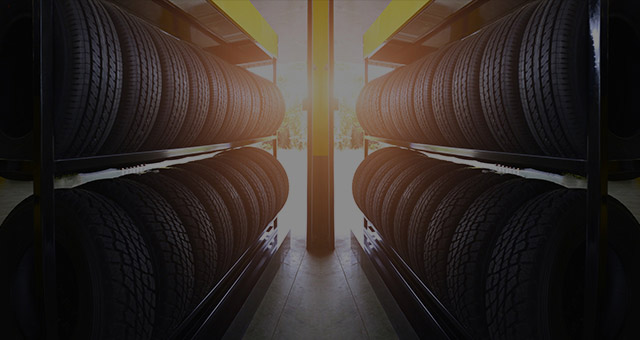Tire Service: Understanding Tire Stress Tracking Systems
Comprehending Tire Stress Monitoring Equipments (TPMS) is an important aspect of preserving optimum vehicle efficiency and safety and security on the roadway. With advancements in auto technology, TPMS has actually ended up being a basic attribute in modern cars, offering real-time info on tire pressure degrees. Delving deeper right into the intricacies of TPMS, one can uncover the different parts that make up this system and the significance of each in ensuring precise tracking. From straight to indirect TPMS systems, the landscape of tire pressure surveillance is diverse, each with its special set of benefits and factors to consider. Remain tuned to unravel the complexities of TPMS, from maintenance pointers to the indisputable advantages of maintaining your tires appropriately inflated. mopar tire service specials.

Importance of TPMS
The importance of Tire Pressure Monitoring Systems (TPMS) lies in their ability to enhance car security and performance via real-time surveillance of tire pressure degrees. Keeping the appropriate tire stress is essential for making sure optimum handling, stopping, and overall safety of a car. TPMS supplies chauffeurs with prompt comments on any type of overinflated or underinflated tires, enabling prompt adjustments to be made.
Elements of TPMS
Sensors are generally located in the tire shutoff stem or affixed to the wheel setting up, where they determine tire stress and send information to the control component. Some progressed TPMS versions additionally present the actual tire stress readings for each tire, offering drivers with real-time details to make sure optimal tire efficiency and security. By keeping an eye on tire pressure constantly, TPMS helps prevent accidents, lowers tire wear, and improves fuel performance, making it a crucial component for vehicle security and efficiency. mopar tire service specials.
Kinds Of TPMS

On the various other hand, indirect TPMS depends on the automobile's wheel speed sensors to monitor tire stress. This system identifies underinflation by comparing the rotational speeds of the wheels. Indirect TPMS is less expensive than direct TPMS, as it makes use of existing sensing units within the vehicle.
While direct TPMS offers more accurate readings, indirect TPMS is simpler in design and normally calls for much less maintenance. Both systems have their constraints and benefits, and the choice between them typically depends upon variables such as cost, vehicle make, and personal preference. Understanding the differences between these 2 kinds of TPMS can help automobile owners make notified decisions relating to tire upkeep and safety and security.
TPMS Maintenance Tips
Efficient maintenance of TPMS is necessary for ensuring ideal efficiency and safety of your automobile. Routinely examining the TPMS sensing units for any type of damages or corrosion is vital. Ensure that the sensors are totally free and tidy from particles that could disrupt their functioning. Furthermore, it is recommended to examine the sensing unit batteries occasionally and change them as required to assure exact readings. Conduct routine examine the tire stress levels and compare them with the TPMS analyses to ensure they correspond. Alter the system complying with the producer's standards if there are any kind of inconsistencies. Throughout tire rotation or substitute, make certain that the TPMS components are taken care of thoroughly to stop any prospective damages. If the TPMS cautioning light illuminates on the control panel, deal with the concern without delay by examining the tire stress and the general system for any mistakes. By adhering to these maintenance suggestions, you can lengthen the lifespan of your TPMS and boost the safety and security of your driving experience.
Benefits of Proper Tire Stress
Keeping appropriate tire pressure, as emphasized in TPMS Maintenance Tips, is vital for gaining the countless advantages linked with ideal tire pressure levels. Additionally, correct tire stress makes sure even tire wear, extending the life-span of the tires and advertising much safer driving Read More Here conditions. In conclusion, the advantages of proper tire stress go past just tire durability; they include boosted fuel performance, improved safety, better lorry performance, and overall driving comfort.
Conclusion
In verdict, recognizing tire pressure surveillance systems (TPMS) is vital for maintaining optimum tire pressure and ensuring car safety. By identifying try these out the importance of TPMS, being acquainted with its parts, understanding the various types available, sticking to proper maintenance suggestions, and recognizing the advantages of preserving correct tire stress, drivers can enhance their driving experience and prolong the lifespan of their tires. Proper tire stress is vital to secure and reliable car operation.
